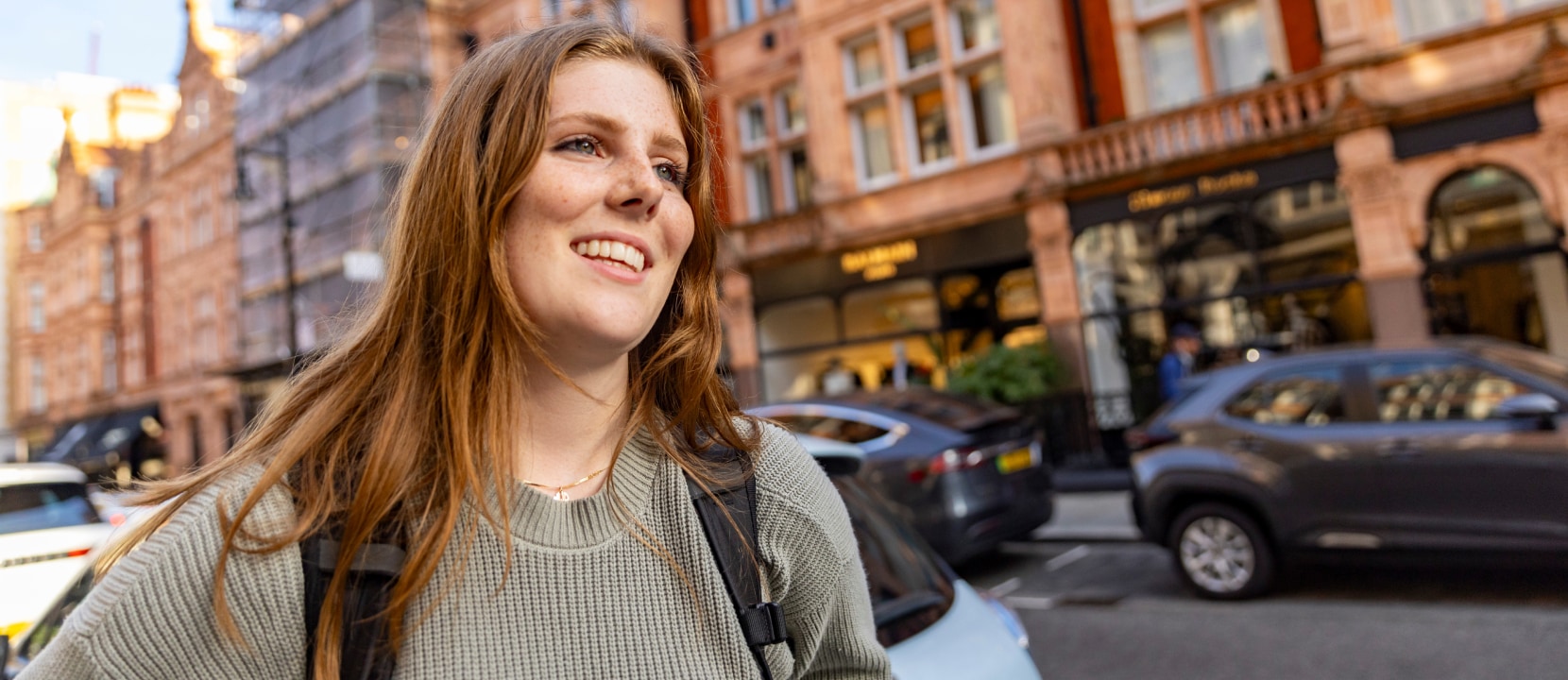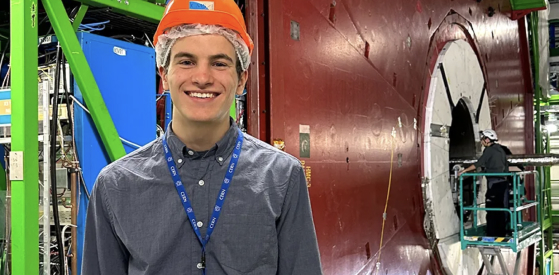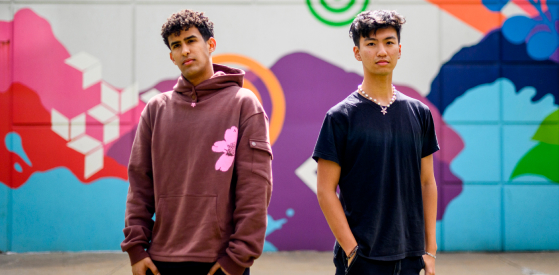Chart your course, define your future
By diving into experiential learning through co-op, students forge their paths into meaningful careers.
What is co-op?
Our professional work placements – known as “co-ops” (cooperative education) – offer a unique opportunity to explore potential careers and apply your classroom learning to real-world challenges.
Co-op is our most immersive experiential programme. Through co-op placements you’ll engage in meaningful work with partner organisations, see the impact of your work first-hand in the workplace, and learn to lead in some of the world’s most critical emerging fields.
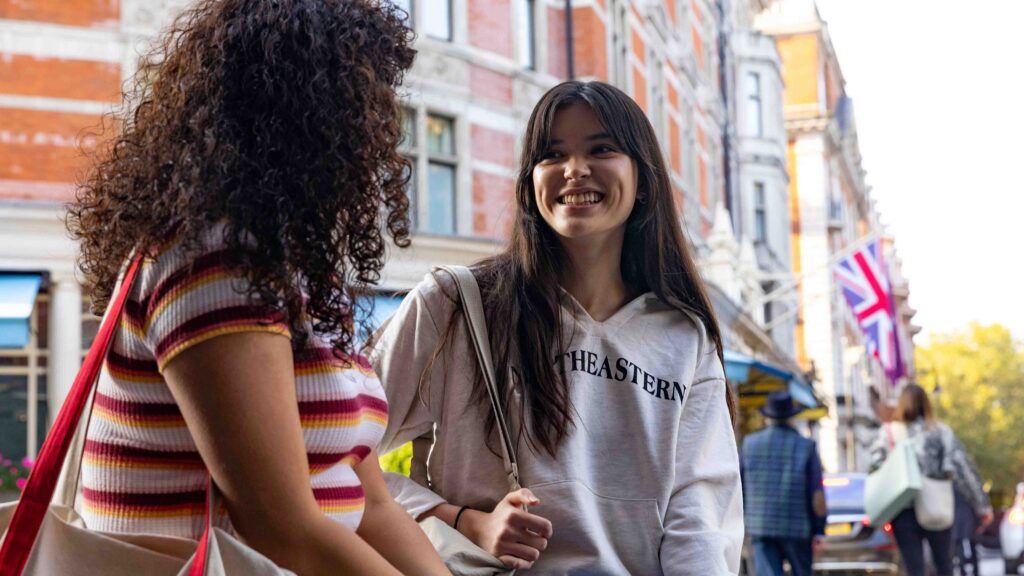
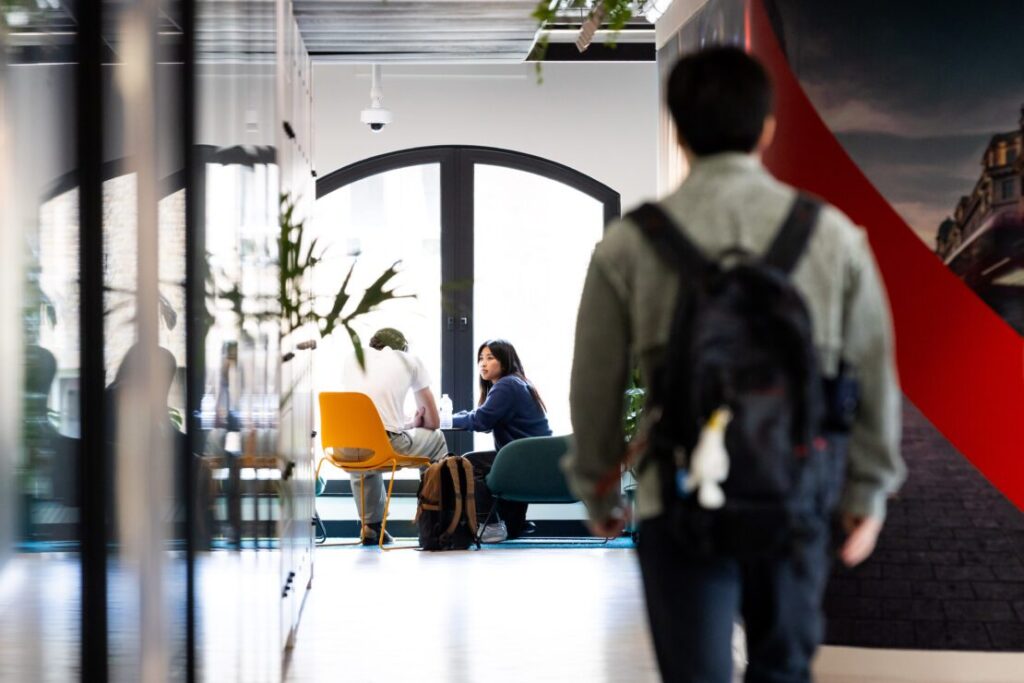
Through co-op you will have the opportunity to:
Apply your classroom skills to real-world needs
Work with mentors invested in your success
Gain confidence in your potential
Accelerate your transition from student to professional
Spend months exploring career fields before you graduate
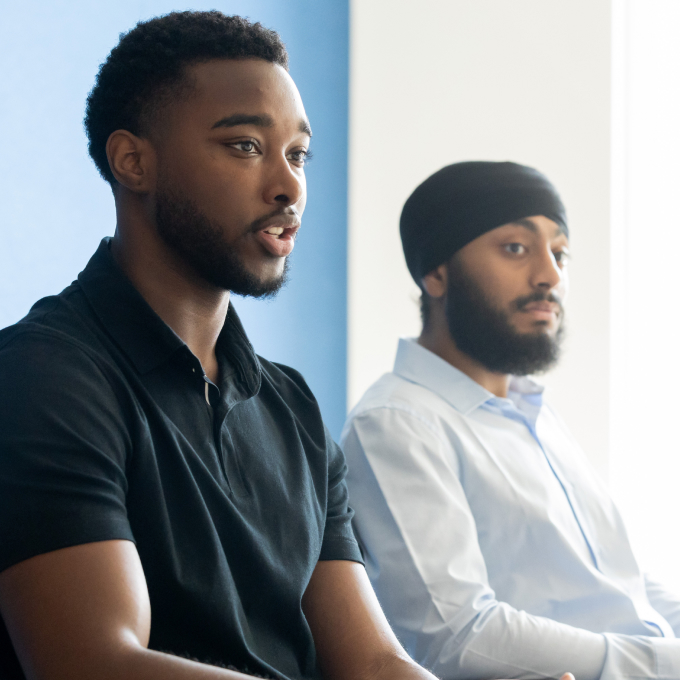
The process
1
Preparation: Before starting a co-op placement, you’ll take a prep course to help you get the most out of the experience.
2
Support & guidance: Your university advisors will support you in finding co-op opportunities that align with your interests and your academic situation.
3
Application: Access the university’s co-op placement platforms directly to view current vacancies and submit applications.
4
Ongoing development: Throughout your placement, you’ll meet regularly with university advisers to capture and reflect on your learning experience.

